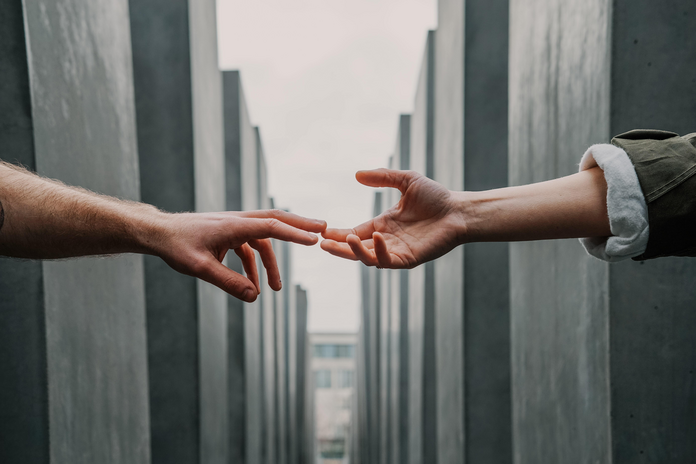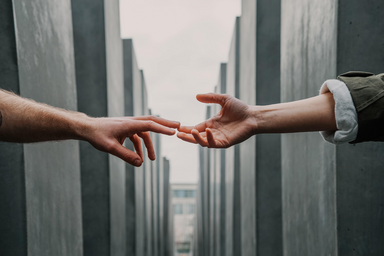Are we really monogamous or do we just want someone, honestly anyone, to hold our hand? With dating apps flourishing in the world of social media, we can find ourselves seeking and being attracted to multiple people. By doing this do we overturn our genetic instincts, or are we just falling into the trap of doing what’s popular or craving attention for social validation? Do we predominantly choose one partner because that’s what we genetically prefer, or is it just societal expectations? Very little research has been conducted in this area of study using subjects who are not cisgender men and women, most likely due to the lack of representation of LGBTQIA+ members in the research community. This means that for the purpose of this article, all monogamous and polygamous examples will be of cisgender men and women who have an interest in reproduction.
The evolution of monogamy begins with our natural instinct to reproduce, just as every other living creature on the planet. The need to further our own race is exemplified in events like changing eating patterns during a period cycle to accommodate for a potential child and the “maternal” instincts that kick in when you’re given the responsibility to care for someone. Our bodies are hardwired with genetic code to prepare for pregnancy, and this is actually a direct correlation between why we are more inclined to pick one partner to have a child with.
Humans have valued romantic relationships very highly since as early as the records date. Coupled with this, men have a subconscious ability to detect the secretion of pheromones—which typically induce sexual activity—and different hormones that signal fertility in women. They cannot, however, determine when they will be fertile without explicit information from the woman herself. Evolutionarily, men are invested in caring for their biological child and ensuring that they pour their resources into producing and raising the most capable offspring. While men use subconscious cues to detect fertile partners, women focus on finding able men who offer the most beneficial resources to ensure the success of their pregnancy and help in raising their child. This means that they need to invest time and energy into evaluating their potential partner before choosing to reproduce.
Keeping in mind that men cannot predict fertility and prefer to raise their own biological children, it is in their best interest to develop an emotional connection with the woman early on so he is able to better predict her windows of fertility. This also allows for the woman to use this time to determine whether or not their partner meets her requirements for childbirth and everything that follows. Due to the need for familiarity and predictability, humans are evolutionarily monogamous.
The different needs that tie into the overarching idea of monogamy are better known in the psychological community as “evolutionary baggage.” This baggage is best visualized with the commonly known idea that men are more likely to focus on physical traits that represent good fertility, while women prioritize dependable personalities that lead to successful fatherhood. So how does this evolutionary concept translate to modern-day where your next date is a swipe away?
Most of the evaluation that goes into selecting the ideal partner happens subconsciously and in the modern-day, we don’t pour as much energy into it. Women are more likely to be encouraged to seek individual successes which means that we are given the freedom to solidify our own financial, mental, and social stability before even thinking about having a child.
Given our current social circumstances and the popularity of dating apps, we have access to a wider pool of potential partners but we still choose them based on the same evolutionary criteria. Have you ever realized you may have a “type?” That’s your genetic predisposition toward your unique ideal partner kicking in. The individual characteristics of the “type” will obviously change over time. For example, having 60 cows may not be as attractive now as it was in the 1800s. Regardless of the details, the type you develop over the course of your reproductive journey is actually your evolutionary baggage peeking through.
Considering that using our evolutionary baggage to choose our potential partner and using our type to allow this baggage to adapt to the changing times, we as a species are monogamous. So when you notice that someone in your DMs stands out more than the rest, this might give you a little insight into why.


